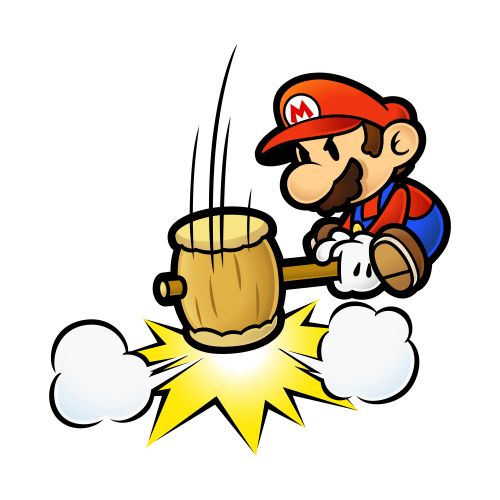I think that in magic, people fall too much into love with certain cards, archetypes and colours that 'define' how they see themselves, which is frankly idiotic. That's scrub behaviour. In other games, you play to win, doing whatever gives you the best possible chance of success. No competitive chess player will play a refuted opening; yet we see a non-zero number of players trying to force MBC every standard season, regardless of whether it has the necessary tools or not.
The online culture of magic is extremely toxic as well and not at all conducive to furthering discussion. I can't fathom why this is ~ the average age of a magic player runs noticeably higher than in other games; so you would expect more maturity.
Because it's a game with
fantastic elements that appeals to a wide range of people.
It's part of the same reason why people play RPGs: it is an escape from the ordinary. A lot of people play Magic and other games like Warhammer or WoW for the ability to be someone else and for the social interaction. That is part of the casual appeal of the game.
The problem that you're seeing occurs when these players bring that same casual mentality into a competitive event. There is a huge difference in mindset between a casual game vs. a competitive game. Someone who brings a casual mindset into a competitive game is going to lose and make bad decisions based on the context of the game, potentially alienating the competitive players. Similarly, a competitive player who brings that mindset into a casual game risks alienating the casual players because of that context.
Think of the leap between casual and FNM level. The best guy at the casual table brings with him habits learned at the casual table and loses horribly the first few
times at FNM because those habits don't belong there. After a while, he develops new habits that enable him to thrive in that new environment.**
Jumping from FNM to more competive events requires a similar learning curve. Some people adapt, but most don't. Those who don't adapt usually don't care as much because that's not why they got into the game in the first place. Those who do like the challenges presented and keep working to improve their skills, having developed a new appreciation for the game.
There are those rare few who truly understand the game. They
grok what's going on because they understand it at an intuitive level. Most people take years to develop that level of skill. Some develop it more quickly. Very few seem to be born with it.
That type of skill breakdown happens with almost everything. Take math or writing. I'm absolutely horrible at math. I can do it by laboriously slogging through a problem, but I really have to work at it. I can appreciate
it for what it is. It doesn't mean I'll ever truly understand it. And that's ok. I know enough to get by.
I understand writing. I can look at an essay and immediately understand where it needs to be modified to be more effective. I don't struggle with grammar. I can tell you what a comma splice is, why it's important to recognize it, and how to fix it. Not everyone gets to that level, and that's ok. We need editors and proofreaders. (Ask Alex.

)
You have a competitive mindset, and you love details, especially how things interact with each other. Part of it's intuitive, and part of it comes from your professional training and experience. It makes you kinda nuts when others don't behave in that same way.
As for me, I play Magic because it's fun for me to interact with others. I love Dos Rakis, just like I loved my Heartless Lich deck last season. They are fun decks to play. If I ever lose that fun feeling
with this game, then I'd probably stop playing.
** semi-autobiographical descriptions may or may not be true to life.













